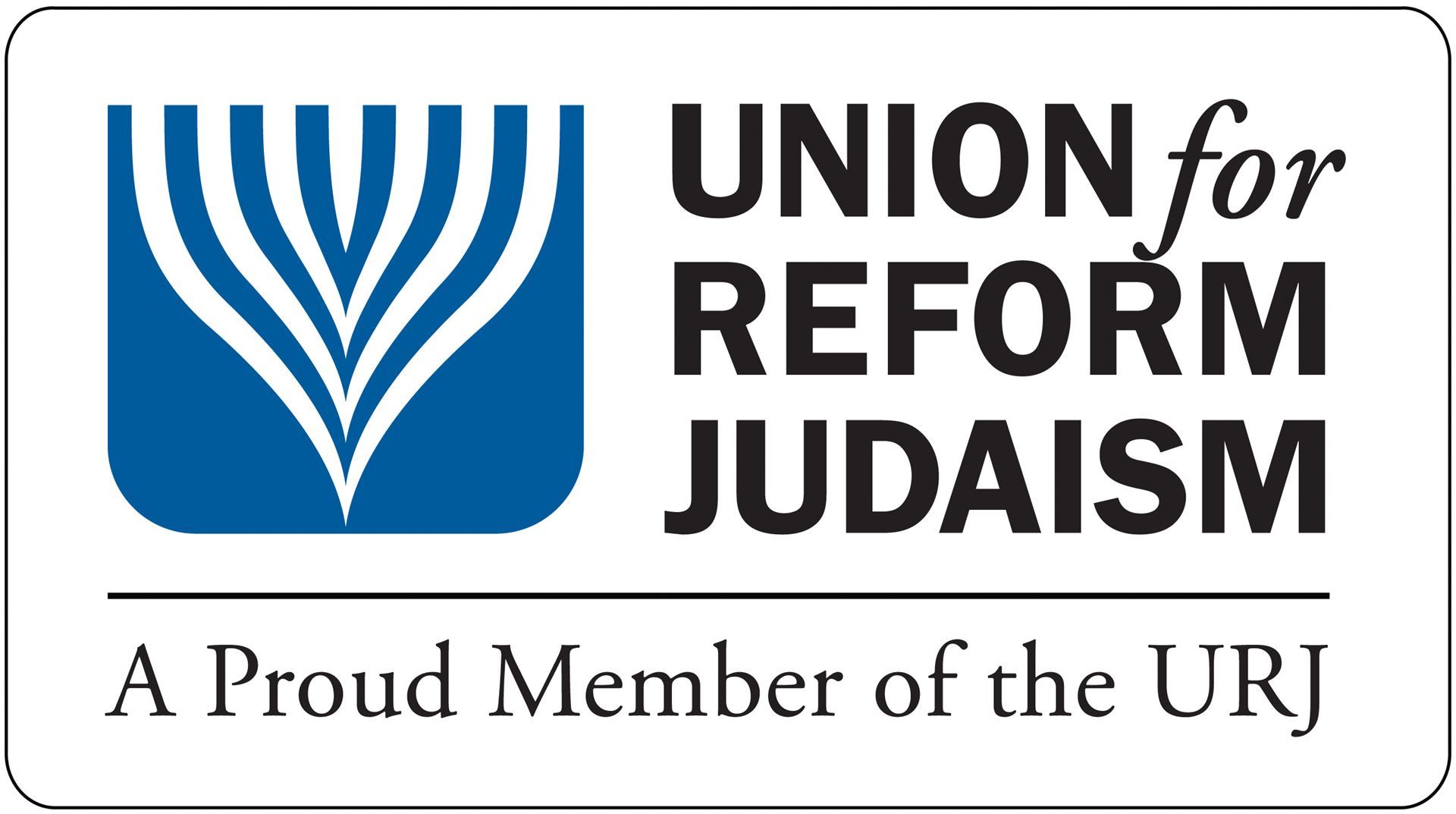July 19, 2024
Dear Friends,
One hundred years ago this month two things happened that changed America- and not for the better.
The consequences for the country in general, and the American Jewish community in particular, are still being felt. This includes the the tendencies toward political violence, and anti-immigration policies, that continue to challenge us.
I'll speak about this legacy of 1924 at our Shabbat Evening Service (7:30 PM).
Last week my sermon, "Joe and Moses" was also published in the Jewish Standard, which you can read here: https://jewishstandard.timesofisrael.com/joe-and-moses/
The word is out- its a pleasure to sing along with our new cantorial soloist, Suzy Merritt. Come see and hear for yourself!
For summer reading, try The Wolf Hunt, by Ayelet Gundar-Goshen, which is our next book club selection for September. Though written before Oct. 7, it captures the the angst and unease of the American-Israeli -Jewish community today.
Shabbat shalom,
Rabbi Schwartz


